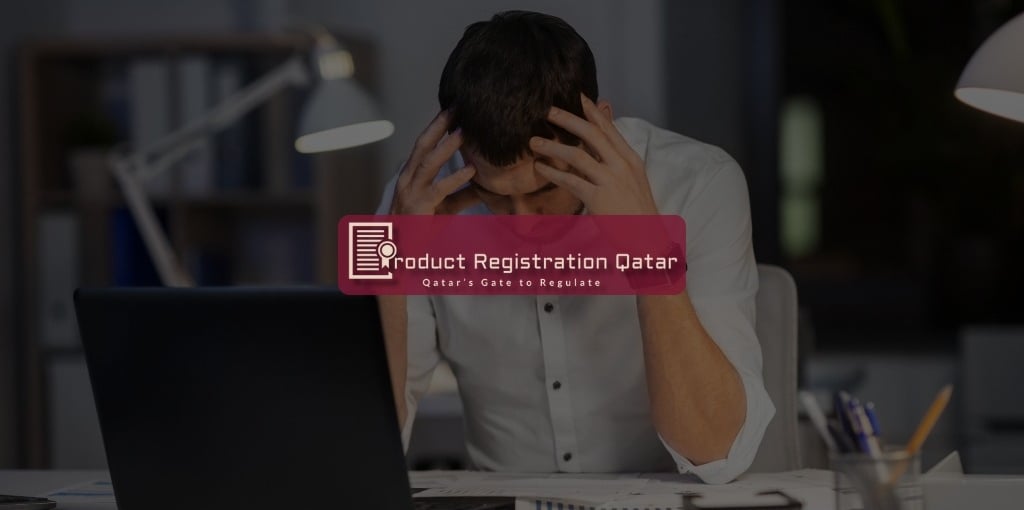Avoid Product Approval Delays in Qatar (2025 Guide)
Avoid costly delays in Qatar’s MoPH approval. Discover the top product registration mistakes and how to prevent them with Product Registration Qatar.
BLOGS
5/8/20252 min read


Common Mistakes That Delay Product Approval in Qatar
Delays in product approval aren’t always due to government processing times — more often, they’re caused by errors made before the application is even submitted.
If you’re planning to register a product in Qatar, avoiding these common mistakes could save you weeks — or even months — of back-and-forth with the Ministry of Public Health (MoPH).
1. Submitting Incomplete Documentation
One of the most frequent mistakes is submitting a file that’s missing key documents. Even one missing certificate or untranslated label can halt your approval process.
Examples of commonly missing items:
Certificate of Free Sale (CFS) not legalized
Missing product image or incorrect pack shot
No safety or composition data sheet for chemical products
Tip: Always use a pre-submission checklist reviewed by a regulatory expert before uploading documents to the MoPH portal.
2. Choosing the Wrong Product Category
As covered in our classification guide, mislabeling your product as a supplement instead of a food — or a disinfectant instead of a cosmetic — can result in instant rejection and force a restart under the correct category.
This mistake not only delays your process but also increases your costs by requiring new documentation, translations, and MoPH system entries.
3. Poor Label Compliance
Labels that don’t follow MoPH guidelines are a top reason for rejection. Some of the most common errors include:
No Arabic translation
Health claims not backed by scientific evidence
Ingredients listed in the wrong format
For example, stating "boosts immunity" on a supplement without MoPH-approved documentation can trigger immediate denial.
4. Using Unofficial or Unverified Translation
MoPH strictly requires accurate Arabic translations for labels, documents, and ingredient lists.
Submitting machine-translated content or using a non-certified translator can get your file rejected — or worse, blacklisted for resubmission delays.
Professional translation ensures accuracy and demonstrates your commitment to compliance.
5. Ignoring MoPH System Updates
MoPH frequently updates its digital platform with new requirements or form formats.
Many applicants continue to submit old versions or upload documents in outdated formats, leading to preventable rejections.
Stay updated through the official MoPH website or work with a consultant who monitors platform changes.
6. Rushing Through Without a Local Compliance Strategy
Foreign brands often rush the registration process without understanding Qatar’s unique regulatory culture.
What works in the UAE or Europe may not be accepted in Qatar without modifications.
Engaging a Qatar-based compliance partner ensures your documentation, labeling, and classification are fully localized and aligned with MoPH expectations.
Avoid Delays — Get It Right the First Time
Product approval in Qatar doesn’t have to be a painful process.
By avoiding these common mistakes, you increase your chances of fast-track acceptance and avoid the frustration of repeat submissions.
✅ Want a Worry-Free Approval Process?
Our experts can pre-screen your documents, labels, and classification before submission to ensure you’re fully compliant.
Request a free consultation today or use our chatbot in the bottom right corner for immediate assistance.
📚 Continue Reading
Explore our insights on detergents and disinfectants registration and how compliance shapes product success in Qatar.
Understand the role of free regulatory consultation in avoiding critical registration errors.
Dive into the sustainability and environmental compliance steps now expected by Qatari regulators.
Protect your brand by understanding Qatar’s product recall process.
Need a local agent in Qatar? Learn when it’s required and how it affects your approval process.
Ready to Ensure Your Product is Fully Compliant?
Fill out the form below and let our experts guide you through label checks, formula validation, and registration—step by step.


